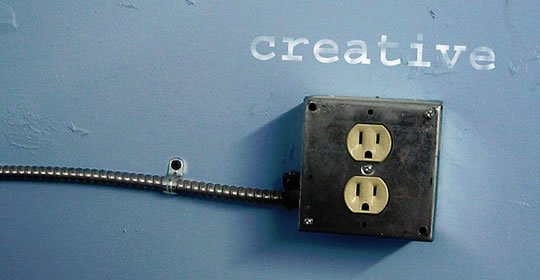I saw this Great Blue Heron, one of my favorite birds, out on my dock today when I went down to the kitchen for dinner. I think this can serve as a brief example of the sort of intelligence I was talking about in the last post. Because, typically you would expect to see herons standing in shallow water and weeds, hunting fish and frogs. Certainly it seems strange that he was standing in the open like he was, especially since I noticed him at 6 PM, and he remained there, essentially motionless, until 7:30 when I went inside. I sat on the balcony, hoping to see which way he would fly off, wondering where his nightly roost would be; but he outlasted me, as nature so often does. I grew tired of waiting and went inside. It was nearly full dark by then, and he'd been there at least an hour and a half-- who knows how long he'd been there before I spotted him.
What was he doing there? Definitely not hunting. For one thing, he was not in a good place for hunting: at least a foot and a half above the water's surface, not in the productive weed beds lining the shallows. Also, he barely moved for over an hour, hardly a twitch, aside from incrementally increasing the S-curve of his neck until his head was resting nearly on his shoulders. As dusk deepened, he did some slow wing stretches, similar to how I might stretch the muscles that lie across my shoulder blades. He also did a few knee bends, lifting one leg up, then the other. I thought he was getting ready to fly off. I think he was waiting for me to leave.
I wondered about predators. Certainly not many things prey on these the largest of herons. Possibly a bald eagle, but they prefer fish. An alligator might snap one up, but this heron was mostly safe from that, given the distance it is down to the water surface from the edge of the dock. A Great Horned Owl might take one, but probably not very often. Bobcat? Maybe. Coyote? Possibly. But this was the genius of the bird's chosen location. Not only was it far from any cover a stalking predator might use, but look at his placement. He set himself up right where the fourth tie-off post would have been, had it not been broken off. I don't think this was random or by accident.
 |
| One post, two posts, three posts, fo-- HEY! |
To a casual glance, and in the growing gloom of dusk, though right out in the open this bird had in a way concealed himself within a regularity of his environment. This is intelligence of a certain manner. Not mere chance, nor the determinism of a genetic behavior. He probably didn't have to think about these things, but this intelligence isn't necessarily rational or lingual; more akin to intuition. Rational thought is just a recent layer of complexification of intelligence.
He wasn't ready to fly off to roost, was probably wanting to wait for full darkness, so no hungry eyes would see where he would finally bed down for the night. Most likely he was digesting a large meal. Often, birds feed just before nightfall, to see their high metabolisms through the night. I guess this one had gotten lucky with a large fish, or several smaller fish or frogs, and was content and satisfied for the day. So what did he do? He flew off to a good place in which to rest. He would have done the Buddha proud, as he faced toward the setting sun across the water, alert, but quiet in body and mind.
I suppose it's easy to discount all of this about inner intelligence. There are always two sides to any story or issue. Here, one could say the bird's behavior was the result of an inner intelligence, but one can just as easily say it is all genetic programming, just a dumb bird in a dumb universe. Sort of like the debate between materialism and idealism:
George Berkeley put forward the contention that nothing is real, in the sense that the universe exists only in our perceptions. When asked by Boswell what he thought of Berkeley's theory that matter may not, in fact, exist, Johnson kicked hard at a stone and stated, "I refute him thus!"
Johnson felt the reality of his foot hitting the stone, but Berkeley could say that he only perceived it, and cannot prove the reality at all. It goes round and round. I posit that both are correct. That is, there is the external view of science, which talks of the material evolution, but I also think there is an inward sense to everything, not just mere mechanics and behaviorism.
I guess the point is, I'm arguing for an acknowledgement of this "two sides to everything" fact. Materialism is not, in fact, the only possibility. It is ignorance to rule out the opposite position categorically; such a ruling out cannot be done, as it would have no basis in fact. This either-or thing cannot be resolved by choosing one or the other, the solution is to transcend the question by subsuming both in to a larger answer. This, really, is why, though I've been interested in both science and religion since earliest childhood, eventually this interest led me into metaphysics. I don't want just to cheerlead for one side, a relative understanding. Like all humans, I long for absolutes.
As Morihei Ueshiba, founder of aikido, said: everything—even mountains, rivers, plants, and trees—should be your teacher. And this is what natural philosophy is all about, what materialist science has lost, and what my next post, I think, is going to be about.
(By the way, the gator to the left of the frame in the second picture is, of course, fake)


